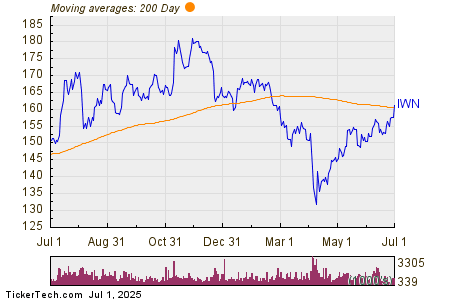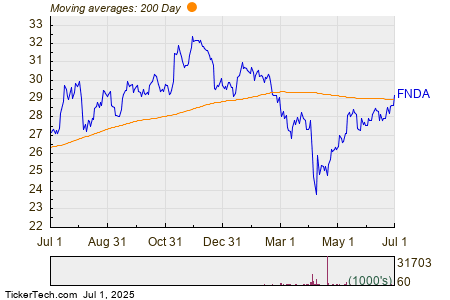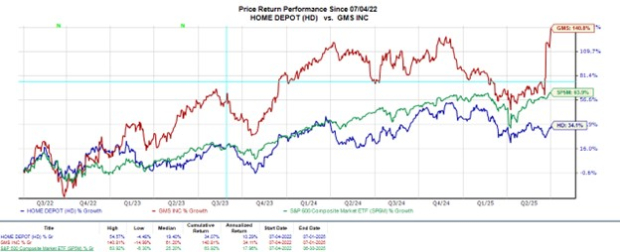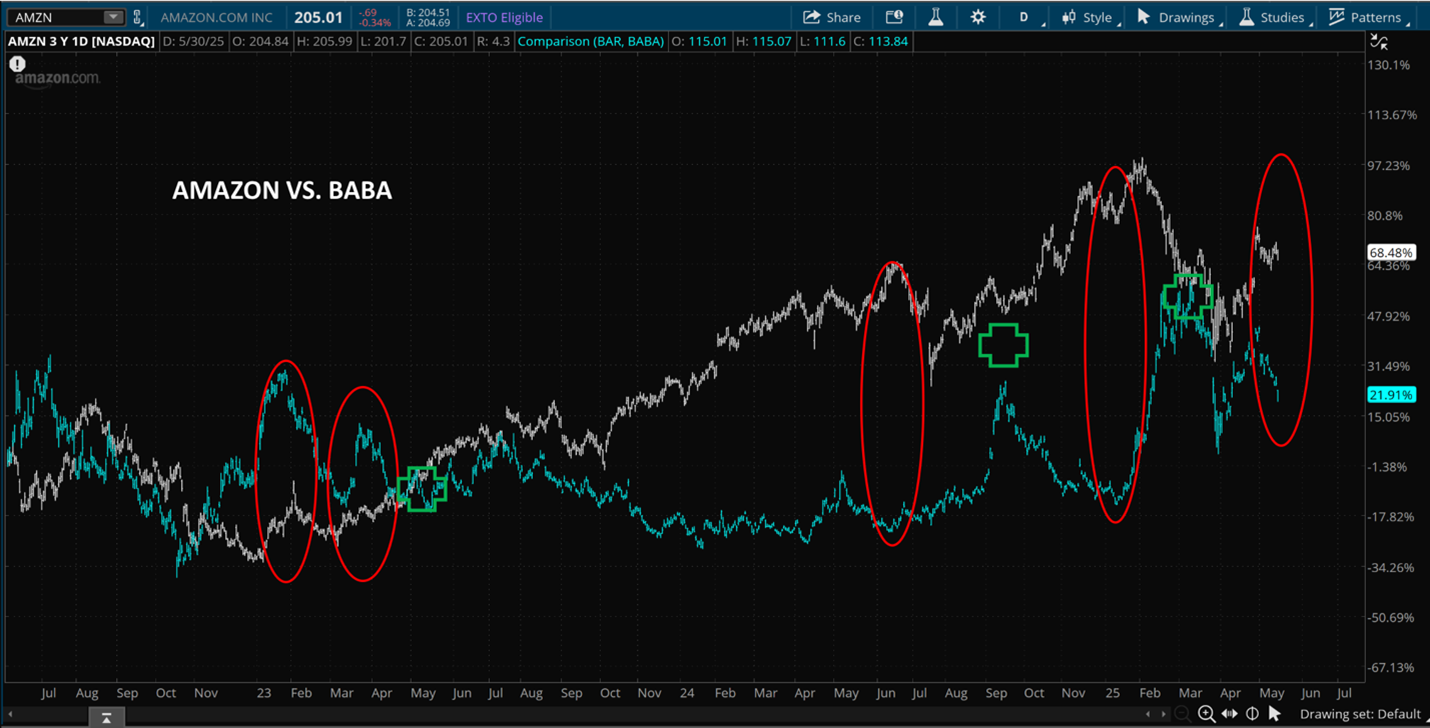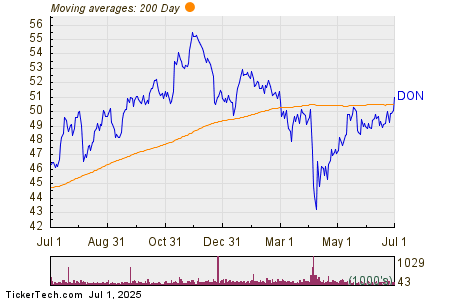Humana Reports Significant Stock Decline Amidst Industry Challenges
With a market cap of $30.2 billion, Humana Inc. (HUM), based in Louisville, Kentucky, stands as a prominent health care plan provider in the United States. The company specializes in offering medical and specialty insurance products through its two main segments, Insurance and CenterWell. Humana provides Medicare, Medicaid, and employer-sponsored health plans, along with pharmacy benefit management, home health services, and senior-focused primary care centers. The firm serves individuals, employer groups, and military personnel through an extensive network of health care providers.
Companies with a market capitalization exceeding $10 billion are categorized as “large-cap” stocks, and Humana fits this definition. However, recent performance indicates challenges for the company. Notably, Humana’s stock has experienced a 38.7% drop from its 52-week high of $406.46. Over the past three months, Humana’s share price has declined 8.7%, a decline that is less severe than the broader Nasdaq Composite’s ($NASX) 11.3% decrease during the same period.
In a longer-term view, HUM has dropped 1.8% year-to-date, outperforming the NASX, which has seen an 8.6% decline within the same timeframe. However, Humana’s overall performance reflects a 27.8% decline over the past 52 weeks, contrasting with NASX’s 8.5% gain. Since last year, the stock has consistently traded below its 50-day and 200-day moving averages, indicating ongoing challenges.
Recently, in what might have been a turning point, Humana reported an adjusted loss of $2.16 per share alongside an adjusted revenue of $29.1 billion for Q4 2024. Despite this performance surpassing expectations, the company’s stocks fell by 3.6% on February 11 due to a weak 2025 outlook. Humana projected an annual adjusted profit of $16.25 per share for 2025, falling short of Wall Street’s projections. Furthermore, the forecast included a sharper-than-anticipated loss of 550,000 Medicare Advantage members. Investors have expressed concerns about increasing medical costs, which have driven the medical cost ratio up to 91.5%, exceeding analysts’ predictions.
In sharp contrast, competing company CVS Health Corporation (CVS) has shown resilient performance. Over the past 52 weeks, CVS Health shares have declined by only 13.8% but have seen a YTD surge of 44.5%.
Despite HUM’s recent struggles, analysts maintain a cautiously optimistic view of the company’s future. Among the 23 analysts monitoring the stock, a consensus rating of “Moderate Buy” persists, while the stock currently trades below its mean price target of $286.20.
On the date of publication, Sohini Mondal did not have (either directly or indirectly) positions in any of the securities mentioned in this article. All information and data in this article is solely for informational purposes. For more information, please view the Barchart Disclosure Policy here.
The views and opinions expressed herein are the views and opinions of the author and do not necessarily reflect those of Nasdaq, Inc.


